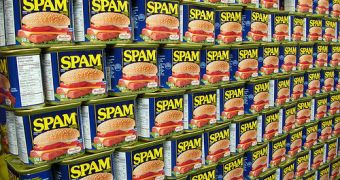Google's announced algorithm change supposed to cut down on poor quality search results is now live. After plenty of complaints about the quality of Google results, particularly the prominence of some "content farms" and "scrapers" positioned higher than original content, the company announced that it would intervening.
The change that was supposed to demote sites with non-original content is now live and, although it seems to be working, apparently there is some collateral damage.
"My post mentioned that 'we’re evaluating multiple changes that should help drive spam levels even lower, including one change that primarily affects sites that copy others’ content and sites with low levels of original content'," Matt Cutts, Google's search quality tzar, wrote.
"That change was approved at our weekly quality launch meeting last Thursday and launched earlier this week," he announced.
The move comes after a wave of criticism about junk websites taking over search results. These may not necessarily be pure spam sites, but sites that copy content from others, with little or no changes, and slap on a bunch of ads.
Through aggressive SEO, these sites end up ranking better than the sites that created the content in the first place. It's these sites that should be affected the most by the change.
"This was a pretty targeted launch: slightly over 2% of queries change in some way, but less than half a percent of search results change enough that someone might really notice," Cutts explains.
"The net effect is that searchers are more likely to see the sites that wrote the original content rather than a site that scraped or copied the original site’s content," he explained.
The effects have been great for some sites, some legitimate ones also it seems, but it's a bit too early to tell whether the move was effective or how many sites were wrongly affected.
Of course, at this scale, it is very likely that rogue sites would still rank better than those with original content some times and also that there was some collateral damage.

 14 DAY TRIAL //
14 DAY TRIAL //